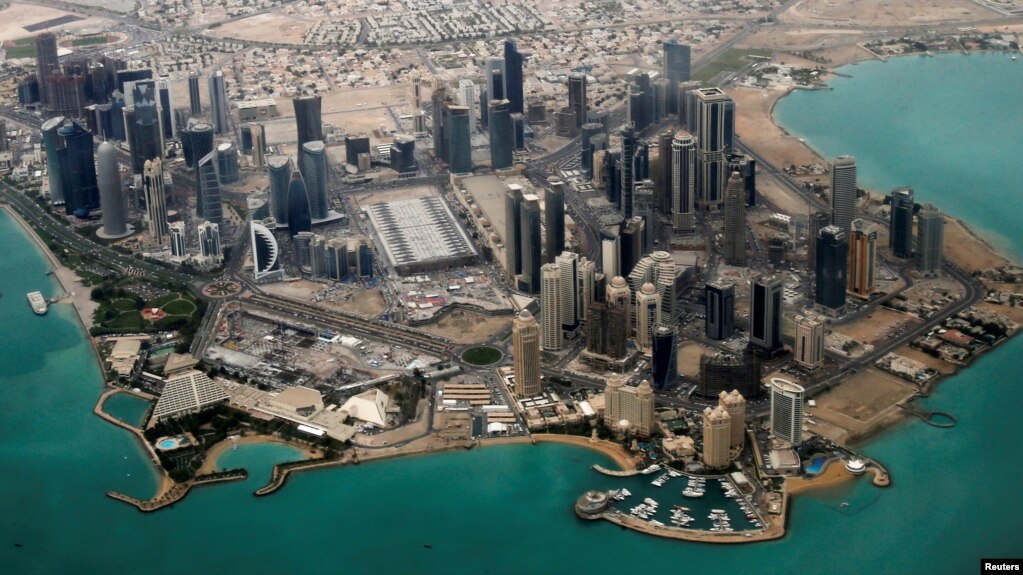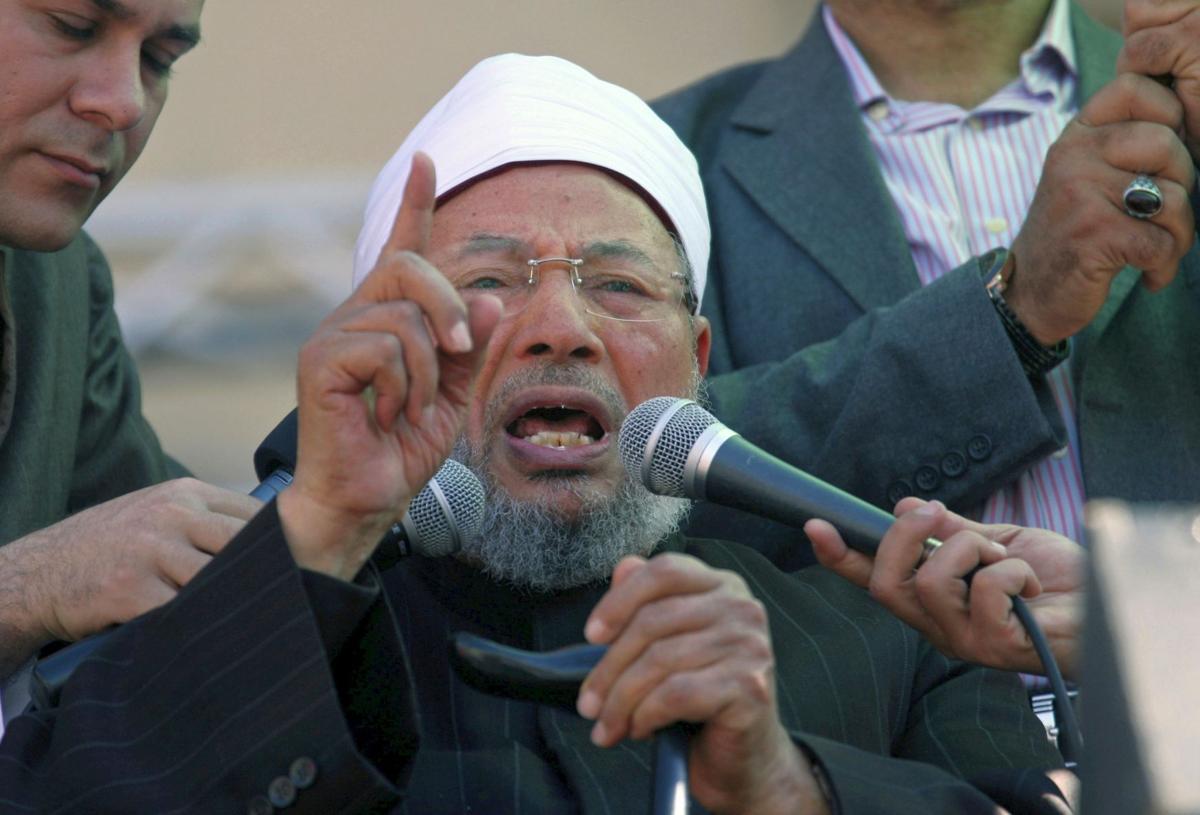- Joined
- Jul 16, 2008
- Messages
- 27,021
- Reaction score
- 18,868
Regarding the term "Blockade"
http://www.arabnews.com/node/1113701
From the article:
Although the boycott affects Doha financially, morally and politically, it is not a blockade so long as its ships and aircraft are able to travel and trade with the world.
Qatar is by no means under a ruthless blockade. Its airspace and sea corridors remain largely open, and it enjoys massive resources and a small population. It can import its needs from Europe’s and Australia’s most luxurious markets, and have them delivered to Doha via its giant air fleet. Trying to reproduce the underprivileged scenario found in Gaza, in the hope of manufacturing Arab and global sympathy, does not fit Qatar’s prosperous image.
There was a quote in I believe "The National" (State newspaper of UAE) last week that stated the term Blockade is incorrect since Qatar can still use its airspace and ports, it just can't use the airspace and waters off the coast of its neighbors.
Has the UN responded defined the actions as a blockade yet? One would think that particular term would create an international response.
http://www.arabnews.com/node/1113701
From the article:
Although the boycott affects Doha financially, morally and politically, it is not a blockade so long as its ships and aircraft are able to travel and trade with the world.
Qatar is by no means under a ruthless blockade. Its airspace and sea corridors remain largely open, and it enjoys massive resources and a small population. It can import its needs from Europe’s and Australia’s most luxurious markets, and have them delivered to Doha via its giant air fleet. Trying to reproduce the underprivileged scenario found in Gaza, in the hope of manufacturing Arab and global sympathy, does not fit Qatar’s prosperous image.
There was a quote in I believe "The National" (State newspaper of UAE) last week that stated the term Blockade is incorrect since Qatar can still use its airspace and ports, it just can't use the airspace and waters off the coast of its neighbors.
Has the UN responded defined the actions as a blockade yet? One would think that particular term would create an international response.










